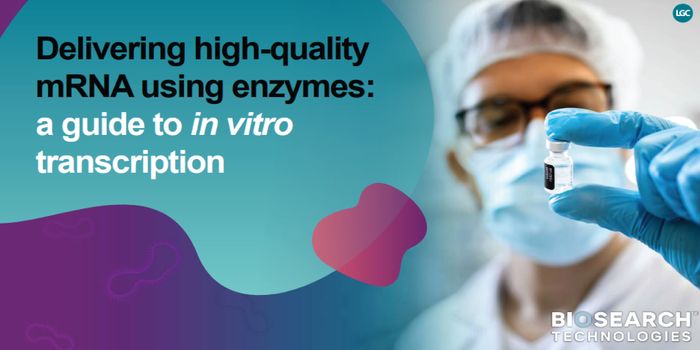Breast cancer patients are 60% more likely to die of cancer after surviving a heart attack
Unwelcome news from researchers at NYU Grossman School of Medicine suggests that breast cancer patients are 60% more likely to die of cancer after surviving a heart attack. According to the recent study that was published online today in Nature Medicine, the blocking of blood flow through arteries triggers a pro-cancer immune reaction, in addition to resulting in heart attacks.
The study analyzed over 1,700 patients with early-stage breast cancer to determine how heart attacks, strokes and heart failure, which reduce the flood of blood, affect immune cells. They found that comparatively, the cancer patients that had survived these medical events had a greater risk of cancer recurrence, cancer spread, and of dying from breast cancer. From this analysis, the researchers deduced that such medical events make immune cells less able to respond to tumors in order to fight cancer.
"By blunting the immune system's assault on cancer cells, a heart attack appears to provide an environment that enables tumor growth," says corresponding author Kathryn Moore, Ph.D., the Jean and David Blechman Professor of Cardiology, and Director of the Cardiovascular Research Center at NYU Langone Health. "While further studies will be needed, our results provide support for the aggressive clinical management of cardiovascular risk factors, not only to reduce the risk of cardiovascular disease but possibly breast cancer progression."
The researchers used a mouse model wherein mice had cancer cells implanted in their breast tissue and then received a surgical closure of their left anterior descending coronary artery in order to simulate a blood flow blockage. The team found that after 20 years the tumor volume in mice with this procedure performed was two-fold compared to those without the procedure.
While not great news for patients, this discovery at least provides some solid steps that people can take to reduce their risk. "Given the evidence of cross-talk between cardiovascular disease and breast cancer, measures that lower the risk for a cardiovascular event, such as exercise and treating high cholesterol and high blood pressure, warrant further study as potential ways to keep patients' cancer from getting worse," says first study author Graeme Koelwyn, Ph.D., who led the study in Moore's lab.
The researchers say that this finding is a crucial step towards understanding the connection between cancer and cardiovascular disease - a connection that is becoming ever more imperative to illuminate for the three million breast cancer survivors in the US.
Sources: Nature, Eureka Alert, Medical Xpress









